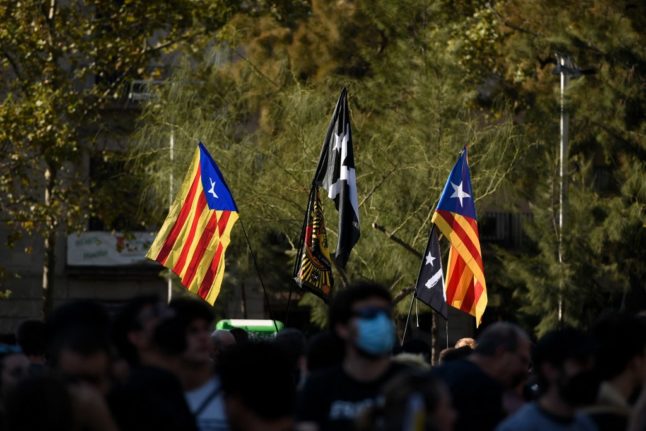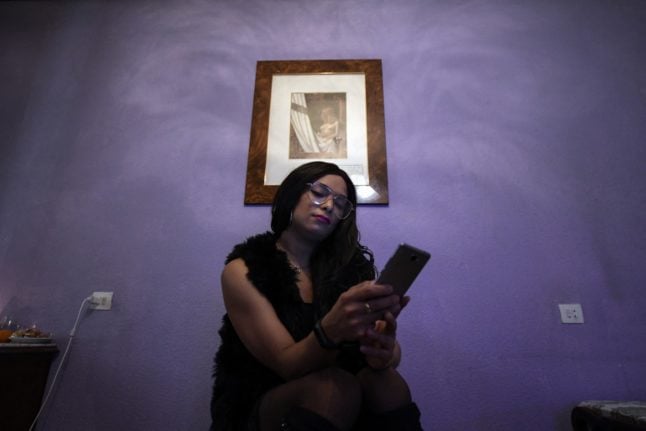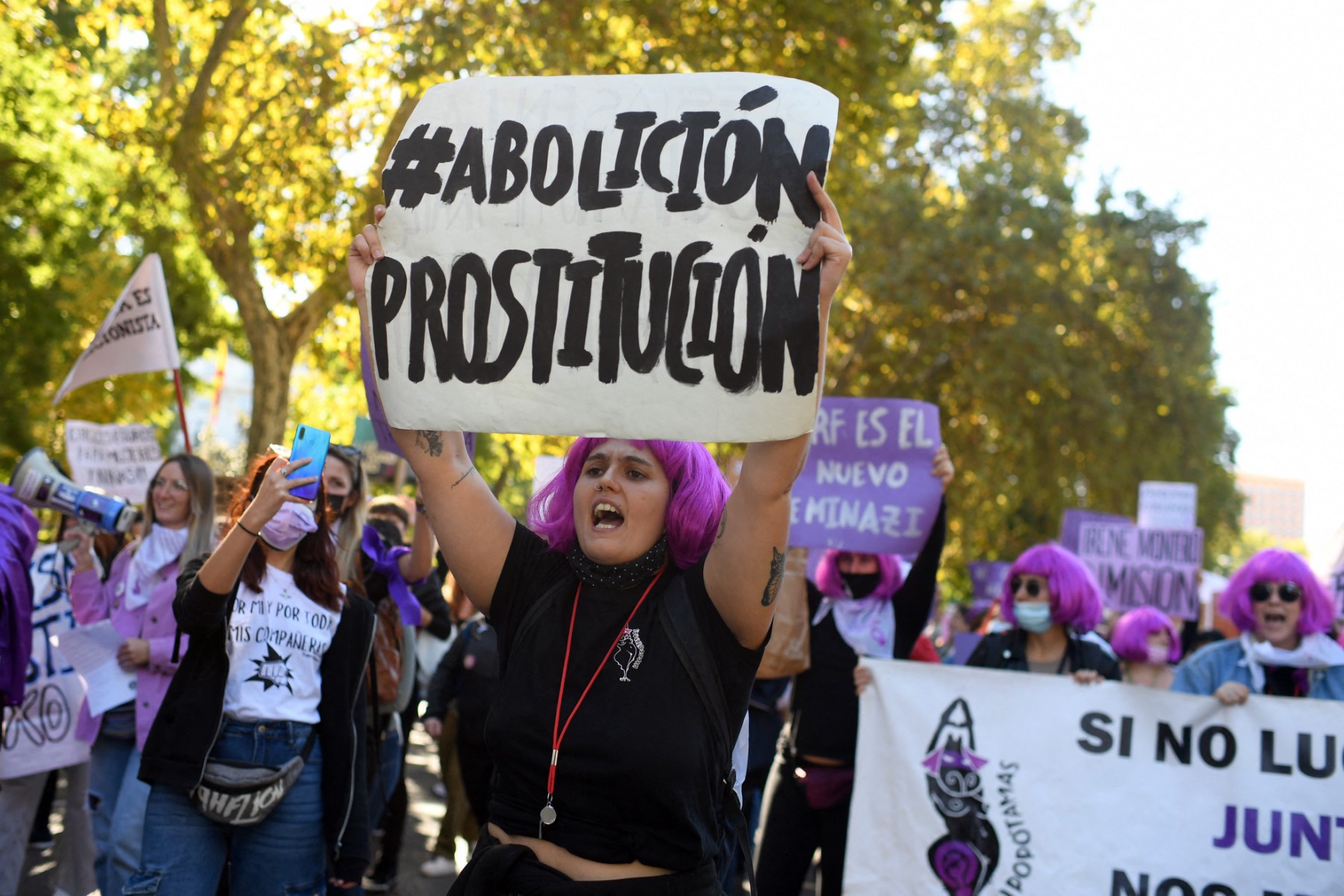The committee reviewed a complaint from four senior politicians who were convicted of sedition for their role in a controversial Catalonian independence bid in 2017.
The committee found that Spain violated their rights when they were suspended from office having been charged with a particular offence — in a decision not based on reasonable and objective grounds.
Catalonia in northeast Spain has for several years been at the centre of a political crisis between separatists, who control the executive and the regional parliament, and the central government in Madrid.
The Human Rights Committee comprises 18 independent experts who monitor how countries are implementing their civil and political rights obligations under an international covenant.
The committee reviewed a complaint filed by the former deputy head of the Catalan government Oriol Junqueras, and three former ministers: Josep Rull, Raul Romeva and Jordi Turull.
They were prosecuted and sentenced for their participation in the independence referendum and later events that led to the Catalan parliament declaring independence in October 2017.
Junqueras and the three ministers were prosecuted for the crime of rebellion, which entails a call for a violent uprising against the constitutional order, said the committee.
In July 2018, they were suspended from their functions as members of parliament in accordance with an act which only allows the suspension of officials when they are charged with rebellion.
They claimed that their suspension from public duties, prior to any conviction, violated their political rights under the international covenant monitored by the committee.
In 2019 they were eventually convicted of sedition, which, as opposed to rebellion, does not include the element of violence, and their suspensions were lifted.
They were pardoned in June 2021 by Socialist Prime Minister Pedro Sánchez’s government in a bid to draw a line under past clashes with Catalonia’s separatist-led regional government and open the way for talks.
‘Slap in the face’
“The safeguards against the restrictions of political rights must be applied more rigorously if these restrictions occur prior to, rather than after, a conviction for an offence,” said committee member Helene Tigroudja.
Noting that the complainants had urged the public to remain strictly peaceful, they considered that charging them with rebellion, leading to their automatic suspension, “was not foreseeable and therefore not based on
reasonable and objective grounds provided for by law”.
Tigroudja added: “The decision to suspend elected officials should rely on clear and foreseeable laws which establish reasonable and objective grounds for the restriction of the political rights.
“Such an approach and safeguards are the best way to ensure respect for institutions and to promote the rule of law in a democratic society.”
In a tweet, Junqueras said the committee’s ruling “proves us right”.
“Spain can’t continue it’s repressive practices against the independence movement,” he added.
Carles Puigdemont, who headed Catalonia’s regional government at the time of the 2017 independence push, said the ruling was a “slap in the face of the Spanish state from the United Nations”.
“An EU member state is a violator of political rights, and this is a real threat to European democracy,” he added in a tweet.
Puigdemont fled to Belgium after Catalonia’s failed independence bid.




 Please whitelist us to continue reading.
Please whitelist us to continue reading.
Member comments